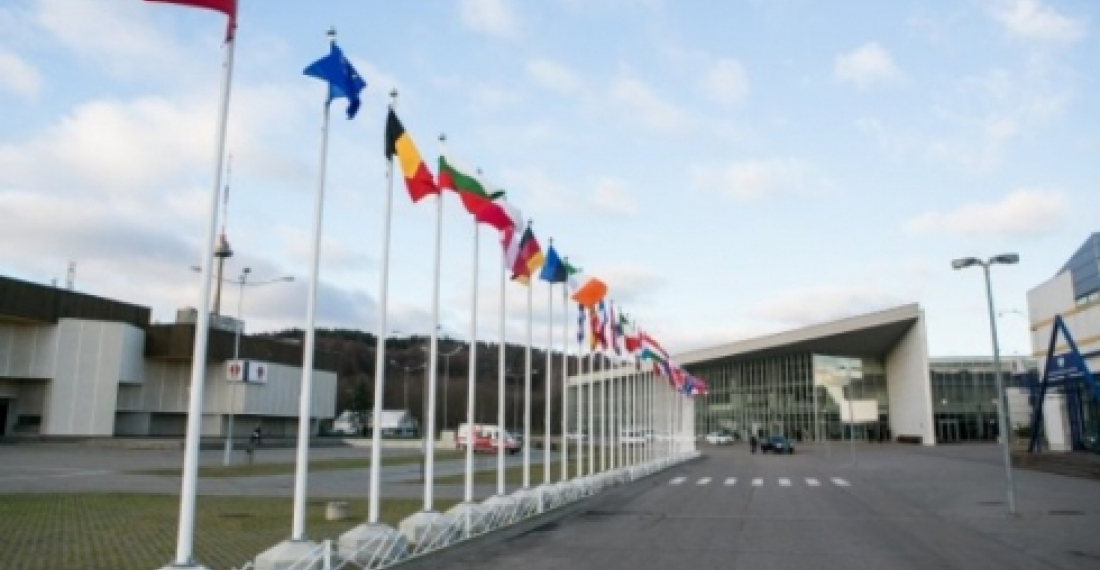Those used to attending EU summits and other heads of government meetings are usually resigned to long hours of tedious negotiations and long communiques that aim to please one and all. There will be some of that in Vilnius too, but as Richard Giragosian, Director of the indepenedent Armenian think tank Regional Studies Centre says as the Lithuanian Presidency of the Council of the European Union hosts the third Eastern Partnership Summit in Vilnius, it is clear that this summit is very different.
In a comment to commonspace.eu, Giragosian, who is in Vilnius to participate at one of the many side events that are being organised by the Lithiuanian Presidency on the margins of the summit, says that
"Vilnius is the arena for a showdown between Russia and several former Soviet states. For the past several years, many of Russia's neighbors have been engaged in a determined attempt to deepen ties to the EU, with reforms that were expected to be capped by new Association Agreements and related Deep and Comprehensive Free Trade Area (DCFTA) agreements.
But this Vilnius Summit has already been defined by a new degree of suspense and surprise, rooted in a sudden move by Moscow to derail the process".
Giragosian adds that the first casualty in this new Russian campaign of pressure and coercion was Armenia, which was forced to abandon its long-awaited Association Agreement with the EU.
"But in many ways, Armenia was merely a sacrificial pawn in Russia's broader strategic chess game. For Moscow the real prize was Ukraine, which has now bowed to Russian pressure and will also miss a strategic opportunity to deepen ties with the EU."
Richard Giragosian suggests that Vilnius may have failed before it started, and post Vilnius a new strategy of containing Russian resurgence is going to be necessary:
"Although the only remaining survivors appear to be Moldova and Georgia, as each country remains firm in its committment to its respective Association Agreements, the Vilnius Summit has already failed, even before it has begun. For the EU, the summit will offer meager results, with a litany of disappointment and despair among the other Eastern Partnership countries. But the clear lesson from Vilnius is the danger to under-estimate Russia. And the current challenge is how to counter, if not contain this resurgence of Russian power. This also means that the EU will need to devise new ways to bolster these weakened states, whose only crime was to challenge Moscow by looking Westward, beyond the confines of Russia's enforcement of its "near abroad" as its exclusive sphere of influence."
Commonspace.eu political aditor commented that "So far the leadership of the European Union has remained upbeat about the Summit, even holding out hopes that Ukraine may make a last minute comeback to its original intention of signing an Association Agreement with the EU in Vilnius. This is becoming increasingly unlikely. Vilnius should be an opportunity for plain speaking. If EU countries are able to speak with one voice than all, including Russia, will have to stop and listen. Twenty eight different voices are likely to be much less audible."
source: commonspace.eu
photo: One of the venues for the Vilnius Summit due to open tomorrow.







